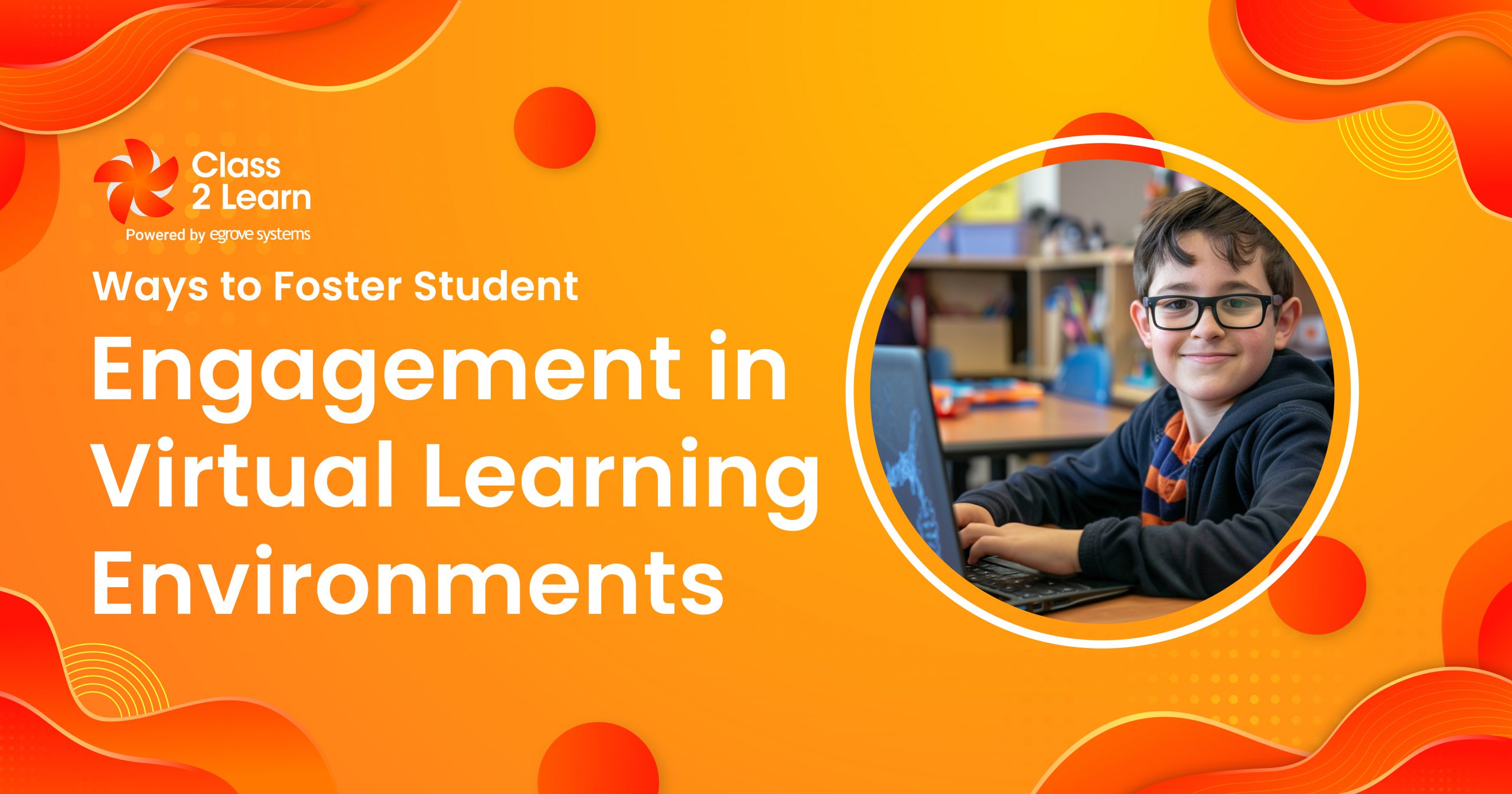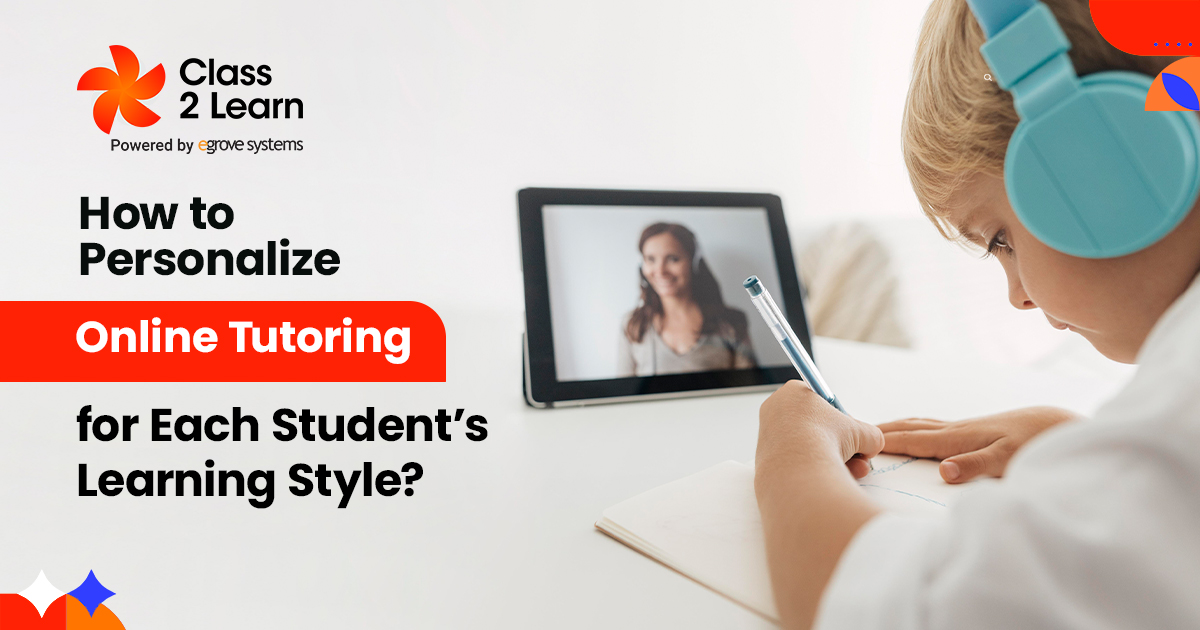Due to the COVID-19 epidemic in the 2020 spring semester and 2020-2021 semesters, college students and teachers have grappled with an unanticipated transition to virtual courses. As they acclimate, some students report a higher-than-expected burden through virtual learning. Jody Greene’s guest post at Inside Higher Learning Ed observed many students reporting the same thing even as educators did not feel they intentionally assigned much more work to students who were already facing obstacles to learning.
Instances of heavy student workload: A Report
In many cases, particularly in upper secondary school, students have reported that their workloads, particularly their homework, have lately grown. According to research done by the student government at Bowdoin College in October 2020, 45.4 percent of senior students said their workload was substantially harder than previously, and 37.8 percent indicated they had a heavier overall responsibility.
The Fordham Observer received comments from Fordham College students claiming that they spend the majority of their time on homework and that their professors look entirely unconcerned about the growing load. According to the Red and Black publication, a University of Georgia student stated that “the load is 10 times what it was in actuality.”
Is The Perceived Workload Real?
While most agree that instructors are spending more time preparing for teaching due to the need to learn new technology, record video lectures, and set up online teaching tools, they aren’t meant to translate this into more work for students. One possibility is that students have the same amount of work, but the experience of distance learning makes it feel more time-consuming.
Students may be called upon to perform the same tasks, but spend more time on a computer for watching videos, reading, completing assignments, and taking tests to create an experience of devoting more time to the coursework than before. Students may also no longer be able to avoid completing readings and assignments since working through online learning portals requires daily logins and demonstrated class participation.
Splitting Work Makes More Work
On the other hand, there are reasons to think that students are doing more work due to virtual learning. Work can’t be divided simply into classwork and homework. Without feedback from lessons, instructors give extra assignments to ensure students are learning, such as questions from assigned readings and mandated posting on discussion boards. Writing assignments and essays are becoming assigned to prove that students have completed their reading and understand the course material.
In order to provide more engagement, classes may also be modified from having midterm and final exams into smaller assessments and graded assignments each week. In addition, without in-person lessons, there is less discussion which can lead to a more accelerated pace of lectures. All of these can lead to more work even if the same course material is covered.
In-person classes may be broken up into virtual lectures and virtual discussion groups, which effectively doubles the amount of class time. Trying to encourage participation from all students stretches out the time spent as well, going past the end point of the class session. In the end, this adds more time spent on classes than before, with students expected to attend and pay attention to every session.
Instructors need to find a way to get students engaged in classes without overusing mandatory assignments meant to prove their participation and keep lessons and lectures concise and informative. Instructional design may have introduced additional assignments in order to improve student performance, but students can’t keep up under a high level of pressure from four or five different classes with these additions to their workload. Instructors should seek feedback from students and focus on assignments that demonstrate learning across the whole course’s curriculum rather than busy work.





Add comment